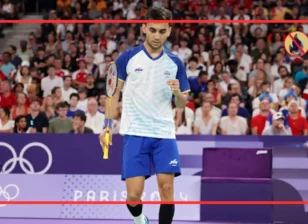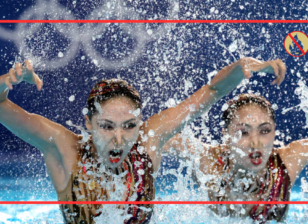Is the hijab banned in France? When And Why
France, known for its proud commitment to secularism. It has grappled with a complex issue at the intersection of religion, culture, and politics: the wearing of the hijab and other religious signs in public spaces. In recent years, this debate has intensified, causing significant societal divisions and igniting passionate discourse on the principles of the Republic. To understand the current situation, we must delve into the historical context and key events that have shaped France’s approach to religious symbols, particularly the hijab.
A Historical Lens: The Evolution of France’s Secular Ideals
France’s dedication to secularism, or laïcité, finds its roots in the country’s turbulent history, characterised by the struggle for power between the church and the state. The principle of laïcité, enshrined in the French Constitution, promotes the separation of religion and state, ensuring the neutrality of public institutions in matters of faith. This foundational philosophy emerged in the early 20th century, striving to establish a cohesive national identity independent of religious influences.
The Emergence of the Hijab Debate: When and Why
The controversy over the hijab’s place in France dates back to the early 2000s. The French government implemented a law prohibiting the wearing of conspicuous religious symbols in France’s state-run schools. This legislation, often referred to as the “hijab ban,” aimed to uphold the principles of secularism and prevent the ostentatious display of religious affiliation, regardless of faith. While proponents of the ban argue that it safeguards the integrity of the secular education system, critics perceive it as discriminatory, targeting Muslim women and girls specifically.
Political Divide and the Clash of Ideologies
In the realm of French politics, the issue of religious signs has exacerbated the existing political divide. Secularism, an integral component of the French Republic, remains a contentious topic, often entangled in debates surrounding immigration, integration, and the preservation of French identity. Some political parties, such as the Republic on the Move, have supported the enforcement of secular laws, citing the need to maintain a cohesive society free from religious influence. Conversely, far-right politicians have capitalised on the hijab debate to advance their anti-immigrant and xenophobic agendas, further polarise public opinion.
Escalating Tensions: Religious Signs and Societal Friction
The tensions surrounding religious signs reached a critical juncture following the tragic incident involving the beheading of teacher Samuel Paty in 2020. Paty, known for discussing caricatures of the Prophet Mohammed during a classroom discussion on free speech. It became a symbol of the ongoing struggle between freedom of expression and religious sensitivities. President Emmanuel Macron, in response to the incident, reinforced the government’s commitment to combating religious extremism and separatism, emphasising the need to uphold France’s secular values.
Involvement of the Muslim Community and Advocacy Groups
Amidst these developments, the French Council of the Muslim Faith (CFCM) and other French Muslim associations have actively engaged in advocating for the rights of the Muslim population. They have voiced concerns over the impact of the hijab campaign on the Muslim community, arguing that the ban exacerbates Islamophobia and perpetuates discrimination against Muslim women. These groups emphasise the importance of protecting religious freedoms while fostering an inclusive environment that respects diverse cultural identities.
The Dynamics of Identity and Women’s Empowerment
The hijab ban debate revolves around women’s empowerment, religious identity, and personal agency. Some see it as a liberation from patriarchal norms, while others argue it restricts individual autonomy. Proponents like Rawdah Mohamed, Ilhan Omar, and Ibtihaj Muhammad advocate for women’s rights and religious freedom, challenging stereotypes and combating discrimination.
Navigating Forward: Striking a Balance between Secularism and Inclusion
France must balance preserving Republic principles with inclusivity in discussions on religious symbols like the hijab and burkini. This requires sensitivity, commitment to individual freedoms, and public safety. Public discourse, facilitated through mainstream media and social platforms. It is crucial for fostering constructive dialogue and reducing societal polarisation.
Conclusion
The debate surrounding the hijab ban in France exemplifies the intricate interplay between cultural, political, and social dynamics within a diverse society. France’s commitment to secularism, rooted in its historical context, continues to shape the national discourse on religious symbols, identity, and integration. Moving forward, it is imperative for policymakers and community leaders to cultivate an environment that fosters mutual understanding, respect, and dialogue. It is nurturing a society where diverse identities are embraced and celebrated without compromising the core values of the Republic.





